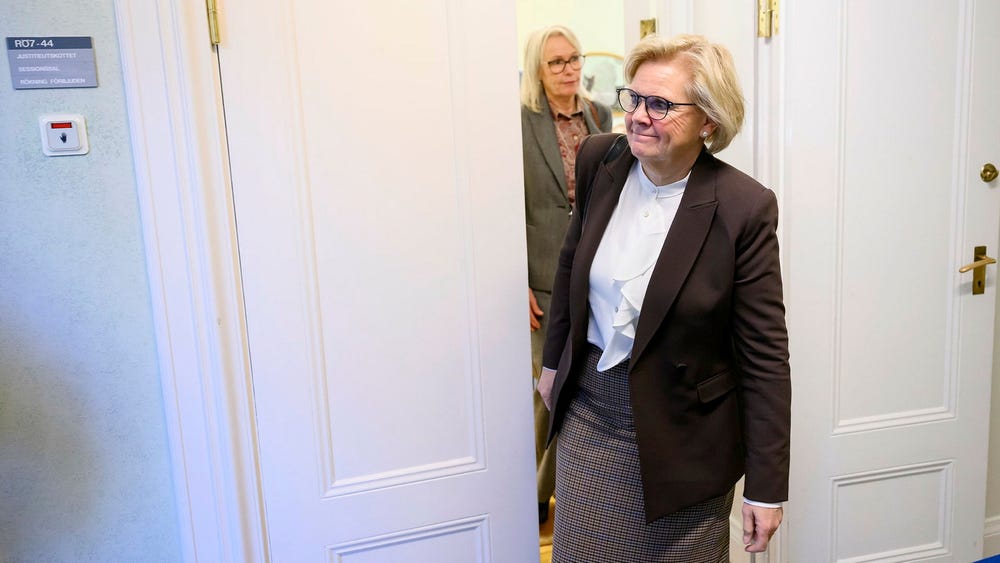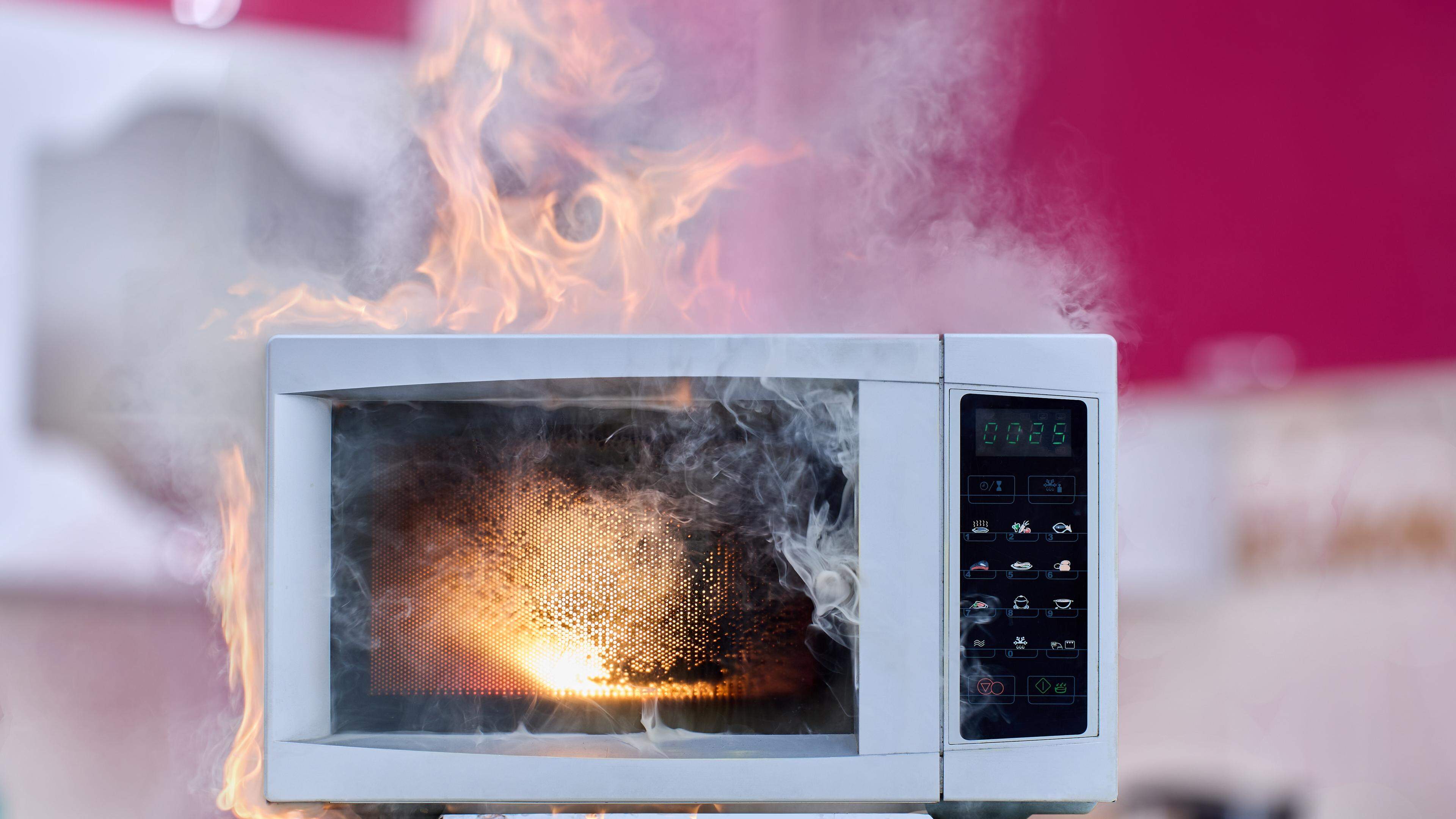« We want to increase the pressure against the men who beat women »

Men's violence against women and violence in close relationships is one of our major social problems. It is about serious crimes that destroy lives, creates fear and insecurity and, in the worst case, leads to deadly violence. Every year, an average of 15 women are murdered by a man with whom they have or have had a close relationship. As national police chief and national prosecutor, we are convinced that we as a society can prevent more of these murders.
The Police Authority and the Prosecutor's Office are responsible for investigating and prosecuting perpetrators who expose a relative to violence. We will also work proactively and prevent more – and serious crimes to be committed. But discovering, preventing and preventing this violence is something that needs to be done together with many actors in society. Therefore, we have invited a dialogue meeting on Monday about how we strategically and operationally can strengthen collaboration between authorities to prevent men's violence against women and violence in close relationships.
The violence is everywhere, In all parts of the country, in all classes, in city and sparsely populated areas, among young and older. We are many who meet both violent and perpetrators and can make a difference. This violence is not a private matter.
We know, for example, that mental illness, suicidal statements, string violence and an ongoing separation increase the risk of deadly violence in close relationship
In order to limit and reduce the problem, we must target those who practice violence. We need to be better at understanding the mechanisms of violence, at identifying risk factors and being able to make the right decision, at the right time. We know, for example, that mental illness, suicidal statements, throttle and an ongoing separation increase the risk of deadly violence in close relationship. That knowledge must be found throughout the judiciary and in the community's safety net.
Those who practice violence – especially those individuals who pose a high risk of repeated or escalating violence – must be the subject of our coordinated measures. This is at the same time as victims of violence receive coordinated support and the right efforts.
Prosecutor's decision in one Preliminary investigation and police risk assessments must always be well substantiated and lead to the right measures – and that in time. Therefore, we must have a high competence, but we are also dependent on good collaboration with other community actors. Psychiatry, social services, healthcare and civil society often sit on crucial information on both violent, perpetrators and threats.
The police need tips and intelligence, but we authorities also need a common view on how the privacy legislation should be used, so that we can share the information that can, in the long run, save lives and put a stop to the suffering of many violence.
A more active and systematic operational collaboration is needed to deal with men's violence against women and violence in close relationships, especially in cases where the police or other social actors believe that there is a risk of gross and deadly violence. When a perpetrator is released from the detention or after serving a sentence, when the threat picture increases, when children are ill – then authorities and other social actors must act together, in real time. There must be no doubt about who does what.
It is about that Using all the tools that the authorities have: We must be offensive in the criminal investigations and for the police, it is also important to work outreach in contact with the perpetrators of violence and perpetrators – all in order to limit the perpetrator's scope for action and reduce the risk of new violence. The prosecutor's decision on contact ban is another important part. Dialogue and collaboration with the social services and the Prison and Probation Service are crucial for us as a society to be able to take the right measures.
Drop pipes and organizational restrictions must not stand in the way of protecting lives
Police and prosecutors have a central role in law enforcement work, but it is at the intersection of all the authorities concerned that we can put in efforts on time and make a real difference. We must have structures for collaboration and we must review what obstacles exist for a better exchange of information. Drop pipes and organizational restrictions must not stand in the way of protecting lives.
We in the judiciary Must get better here and now, and very good work is underway. At the same time, we must work long -term to create endurance and power in our joint work. It is about serious and serious crimes with lifelong consequences – not only for the women who are subjected to violence, but also for the children who grow up in homes where violence is part of everyday life. Violence risks being passed on for generations, both in the home and on the street.
As heads of government for the Police Authority and the Prosecutor's Office, we have had a special focus on men's violence against women, violence in close relationships and violence against children in our ongoing reconciliations with the country's police regions and prosecutors. This work will continue and in the next step we want to increase the pressure on the practitioners and work even more operationally together with other authorities.
On Monday, it starts We a dialogue with other heads of government about how we can get better together, and we are determined to make a difference together.





/s3/static.nrc.nl/images/gn4/data133306995-b21914.jpg)

